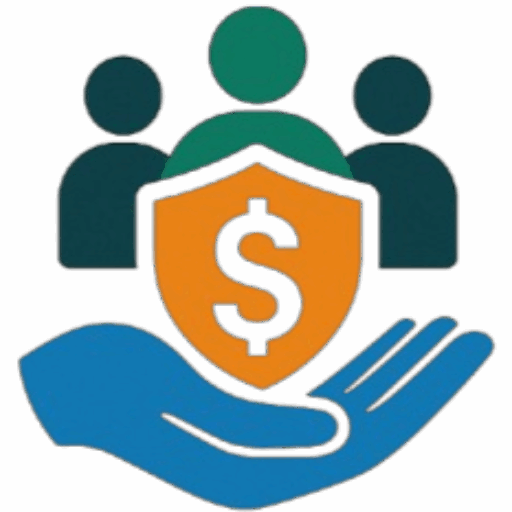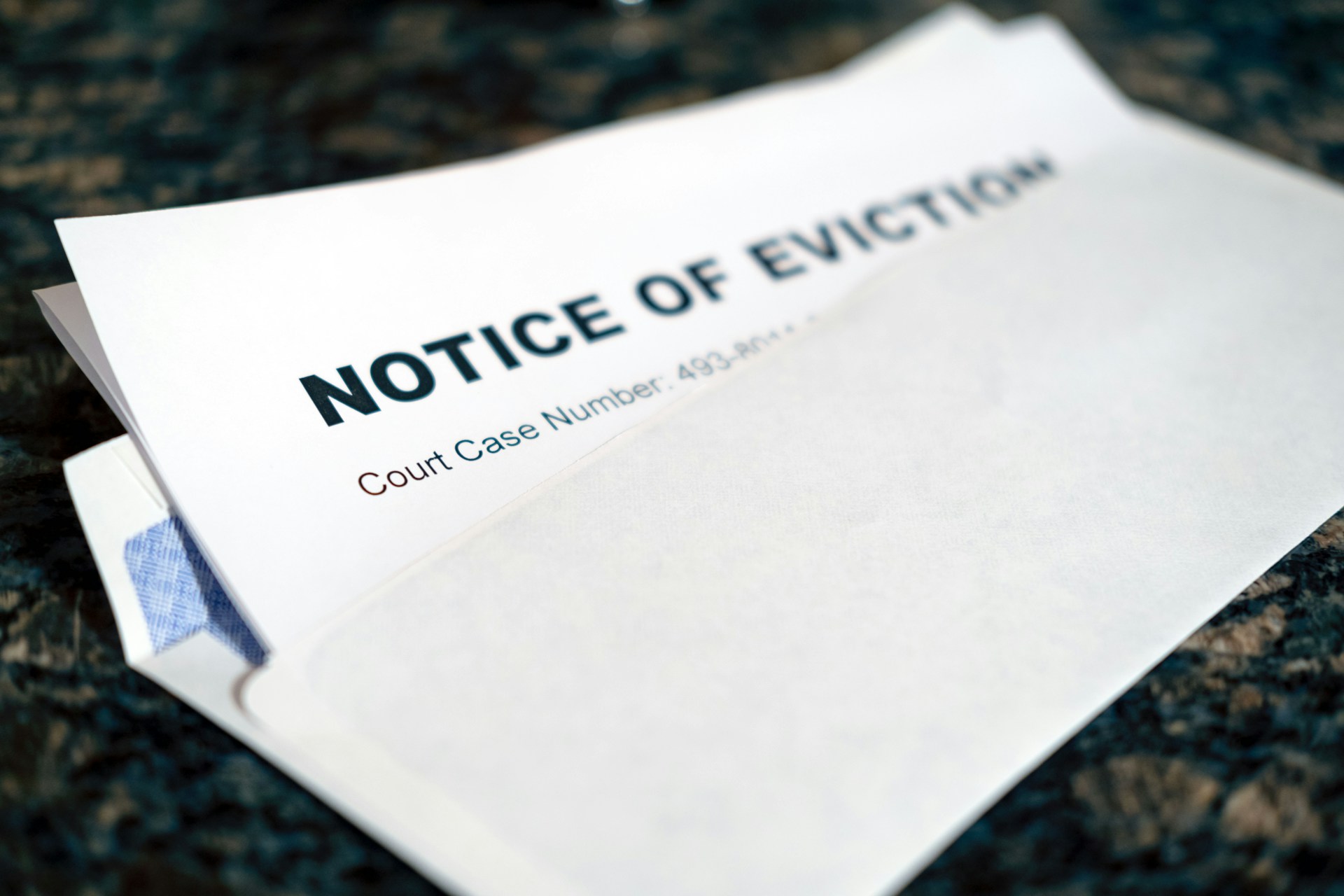Receiving an eviction notice can feel like the floor has dropped out from under you. It’s more than just paperwork—it’s fear, uncertainty, and the pressure of time all rolled into one. But even in that moment, you still have rights. And more importantly, you have options.
Legal help is available, and in many cases, it’s free or low-cost. The key is knowing where to look and acting quickly. The sooner you reach out, the more tools you’ll have to protect your home and your peace of mind.
Start with Legal Aid Organizations
Legal aid groups exist in nearly every state and are designed to help people who can’t afford a private attorney. These organizations specialize in housing issues and often have lawyers who focus solely on eviction defense.
You can find your local legal aid office by searching online or calling your city or county courthouse. Many of these groups also have walk-in clinics or phone consultations. They can help you understand your rights, prepare for court, and even represent you during hearings.
If you’re unsure where to begin, the Legal Services Corporation website offers a directory of trusted legal aid providers across the country. It’s a reliable starting point for finding help close to home.
Check for City or County Programs
Some cities have created tenant defense funds or right-to-counsel programs. These initiatives provide free legal representation to renters facing eviction, regardless of income in some cases.
For example, cities like New York, San Francisco, and Philadelphia have passed laws guaranteeing legal help for tenants in housing court. Other cities offer similar services through nonprofit partnerships or housing departments.
Even if your city doesn’t have a formal program, your local government may still fund legal clinics or offer referrals. Visit your city’s housing or social services website to see what’s available.
Visit Your Local Courthouse
Courthouses are more than just places where cases are heard. Many have self-help centers or legal information desks. These resources can guide you through the eviction process, explain what to expect in court, and help you file the right paperwork.
Some courts also host volunteer lawyer programs. These allow you to speak with an attorney for free, even if it’s just for a short consultation. That brief conversation can make a big difference in how you prepare your case.
Bring any documents you’ve received from your landlord, including the eviction notice and lease agreement. The more information you have, the better they can assist you.
Reach Out to Tenant Advocacy Groups
Tenant unions and housing advocacy groups are powerful allies. They may not always offer legal representation, but they can connect you with lawyers, help you organize your documents, and even support you during court appearances.
These groups often know the local laws inside and out. They can also help you understand your rights as a renter, including protections against illegal evictions or landlord harassment.
Look for organizations in your city that focus on housing justice or renters’ rights. Many have hotlines or community meetings where you can ask questions and get support.
Use Law School Clinics
Many law schools run legal clinics where students, supervised by licensed attorneys, offer free legal help to the public. These clinics often focus on housing issues and can be a great resource if you’re facing eviction.
While they may not take every case, they can provide advice, help you draft legal documents, or refer you to other services. Check with universities in your area to see if they offer this kind of support.
Don’t Wait Until It’s Too Late
Time is critical in eviction cases. Once you receive a notice, the clock starts ticking. Missing a deadline or failing to respond can result in a default judgment, which means the court sides with your landlord automatically.
Even if you think you don’t have a strong case, speaking with a legal professional can reveal options you didn’t know you had. You might qualify for a payment plan, a delay in proceedings, or even dismissal of the case.
Showing up to court with a plan and support can change everything. Judges are more likely to consider your situation if you’ve made an effort to respond and seek help.
Eviction is scary, but it doesn’t have to be the end of the road. Legal help is out there, and it’s often closer than you think. Whether it’s a nonprofit, a city program, or a volunteer attorney, someone is ready to stand with you.
Take a breath. Gather your documents. Make the call. You don’t have to face this alone. Help is waiting—and it starts with one step forward.
Let me know if you’d like a follow-up checklist or a guide to preparing for court. I’ve got your back. Always.


Leave a Reply